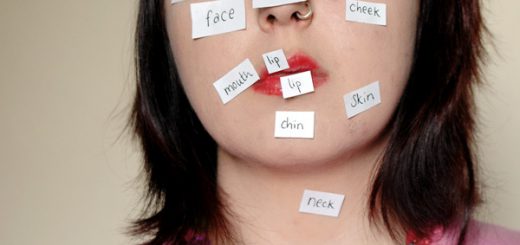Foster Care’s Effect on Mental Health
Those in foster care are seven times as likely to have a diagnosis of depression.
They are also six times as likely to have behavioral problems, 4.6 times as likely to have anxiety, 3 times as likely to have ADD or ADHD, and twice as likely to have developmental delays, according to a 2011-2012 National Survey of Children’s Health. While there can be many possible explanations for this, one absolute explanation is uncertainty, a main characteristic of the foster care system.
 Children in the foster care system are unsure of the safety of their home environment, of the next time they will see food, or even of when they will be separated from family again. The anxiety that these experiences bring makes them vulnerable to anxiety disorders and depression.
Children in the foster care system are unsure of the safety of their home environment, of the next time they will see food, or even of when they will be separated from family again. The anxiety that these experiences bring makes them vulnerable to anxiety disorders and depression.
Children in foster care are also more likely to experience Adverse Childhood Experiences (ACE), which are associated with higher rates of mental illness. They will also often be told that “Things will be okay,” and “No one will hurt you,” when things actually don’t turn out this way – especially if the very figures who should be keeping them safe are the ones who hurt them. Undoubtedly, it becomes a struggle for these children to trust others.
Because of these experiences, these children may behave and act differently in different situations. But when given enough time and the proper, safe environment, these children can open up into a whole new person.
Unfortunately, with the heavy emphasis on clinical disorders and looking out for unusual behaviors in foster child training, counselors, case workers, and foster parents commonly mistaken these youth for having mental illness. This leads to higher rates of psychiatric diagnoses and eventually channels these children into inappropriate services and starting unnecessary and even harmful medications. In reality, these children  often need a loving, warm, and supportive environment first. Just like for everyone else, a consistent, stable relationship in itself can do a lot of healing.
often need a loving, warm, and supportive environment first. Just like for everyone else, a consistent, stable relationship in itself can do a lot of healing.
There is a need today for children who pass through the foster care system to get the care they need. These children are often misdiagnosed early on, and this misinformation stays with them for years. Unfortunately, foster care systems have limited access to psychiatrists, psychologists, therapists, and mental health care as a whole. Some foster care systems have a community counseling center (for example Lighthouse for Families in Mason, GA) that help to provide behavioral counseling to this marginalized population. Early intervention can sometimes make all the difference to helping these children reach their goals and be comfortable.
Do you know anyone in the foster care system, or do you yourself have experiences from it that you’d like to share? How can we intervene for this population and get them the care they need? Please share your thoughts, and any mental health resources you think could be helpful, below!




Recent Comments